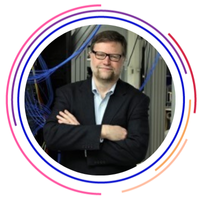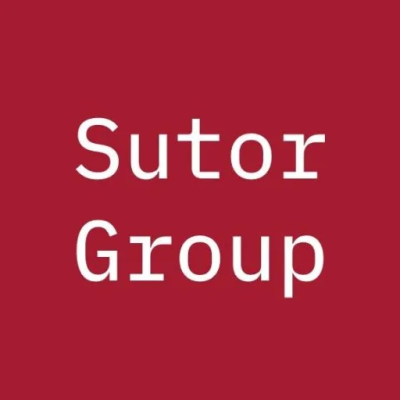
Bob Sutor
CEO Sutor Group Intelligence and Advisory
With over 40 years of experience in the IT industry, I am a passionate and innovative leader and technologist who drives transformation and innovation around emerging technologies. My current mission is to translate the value of AI and quantum computing and sensing for business, government, education, and media. I leverage my strong background and skills to communicate, educate, and influence various stakeholders and audiences. I also mentor and empower more junior executives and technical staff to create global business value in the highly competitive deep tech quantum field. I am an inspiring and engaging speaker, presenter, and author with an international reputation as a thought leader and expert in emerging technologies.
Check out the incredible speaker line-up to see who will be joining Bob.
Download The Latest Agenda

